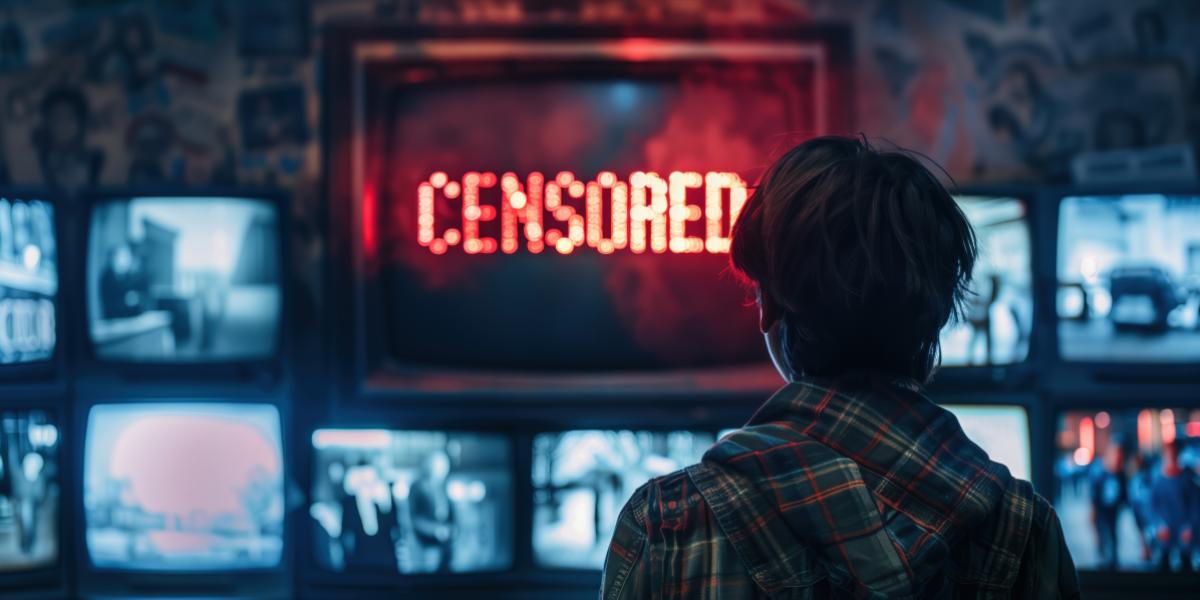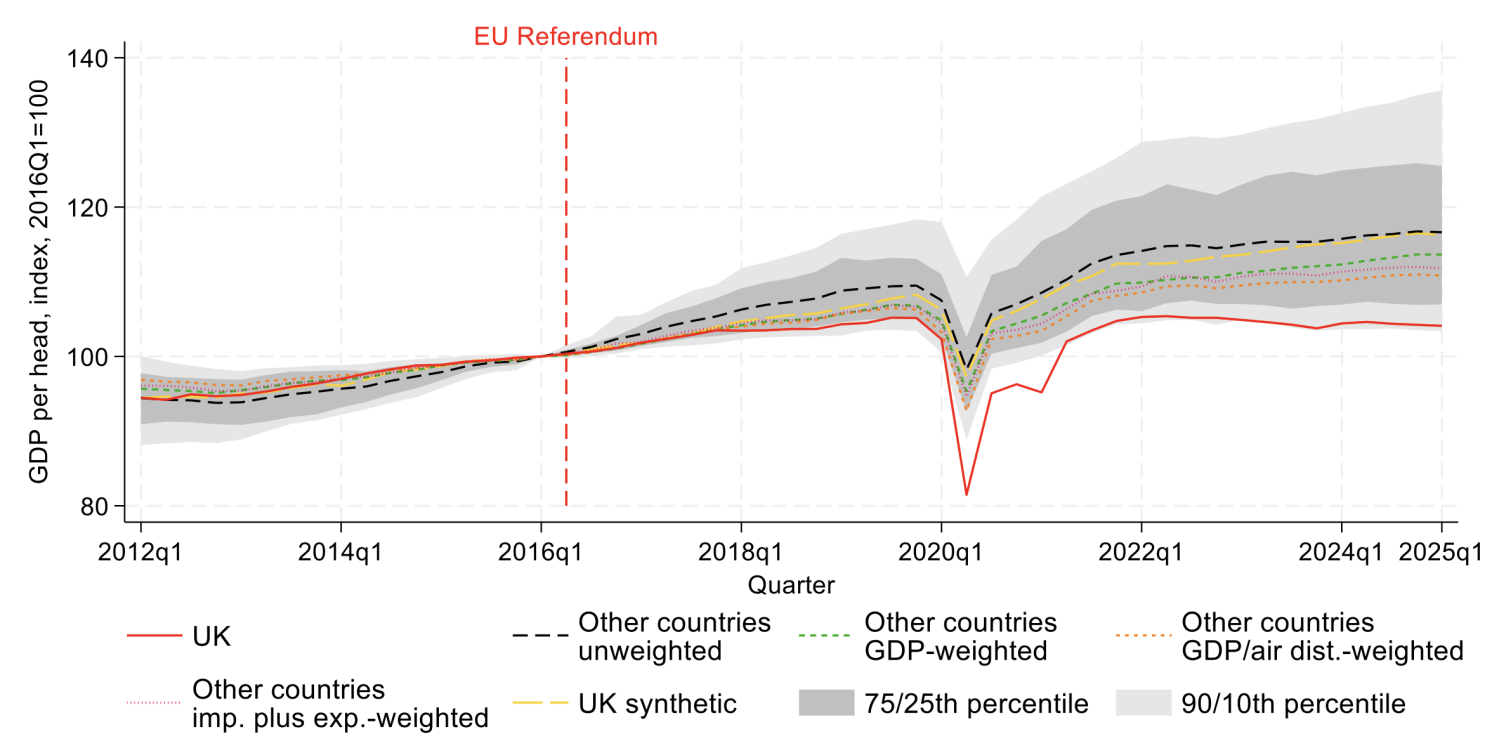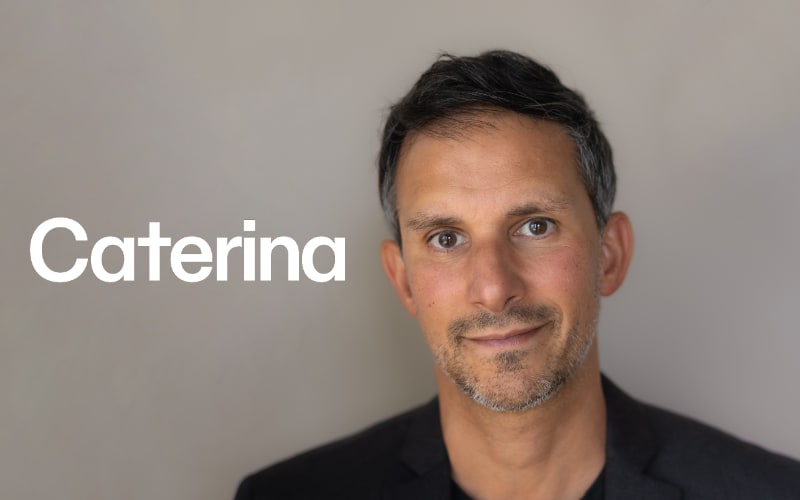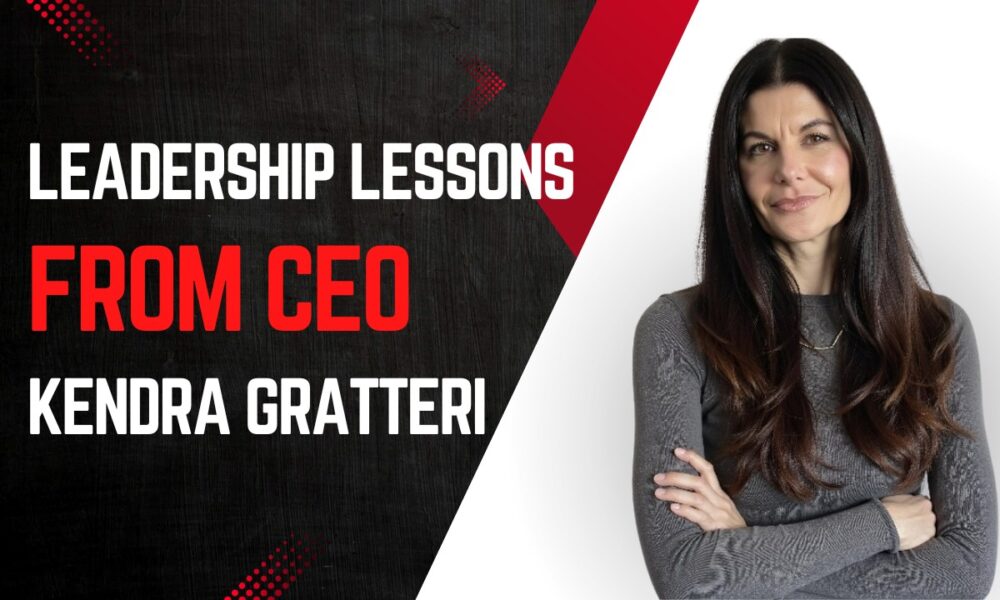Lydia Dugdale was comfortable talking about death well before she became a medical doctor. Then her experiences in hospitals made her realize that most people weren’t. She long wondered how conversations about dying could be started earlier in such settings. When she came across an ancient manual for death- the Ars moriendi– she was inspired to write her book, The Lost Art of Dying, based on this genre of literature that existed for more than 500 years- and then disappeared. In this episode, EconTalk host Russ Roberts welcomes Dugdale to talk about it.
The two talk about how attitudes toward death have changed over time- from the Civil War to picnics in cemeteries- as well as across religious traditions. How we die, and where we die, and with whom are all vital parts of the conversation.
There’s a lot to think about in listening to this conversation- some of it uncomfortable. As always, we’d like to hear what you have to say. Please share your thoughts in the comments below, or use our prompts to start your own conversation offline.
1- Dugdale asks how we might make our health care system more conducive to facilitating conversations about death, as well as why they seem so resistant? How would you respond to this challenge?
2- As Dugdale reminds us, there are legal and technical considerations related to dying. She relates the story of an elderly patient who was “brought back to life” three times. Why does this story trouble her? Should patient have been resuscitated? How would you make this decision if you were this man’s family? His physicians? Or him?
3- A central thread in the Ars moriendi and all of these manuscripts is that if you want to die well, you have to live well. What do you understand this to mean? How has this episode changed the way you think about death?
4- Roberts says that when people die today, we expect doctors to be more involved than clergy or family. What should be the role of community in death, and what should constitute this community? What does it mean to die alone versus to die lonely? What does Dugdale mean when she says, “…we need to practice being a burden on others and we need to practice receiving the burden that others impose on us,” and to what extent do you agree with her?
5 Roberts and Dugdale discuss the role of ritual related to death and the power of connection to the past. Dugdale reminds us the root of the work “ritual” is “rite,” as in a rite of passage, a transitional moment, not a practice. How can ritual help us to address our existential angst, or death anxiety. Must ritual always be an appeal to the Divine? How might ritual assist us to think about our own impending deaths in the ways that Roberts and Dugdale suggest?






































